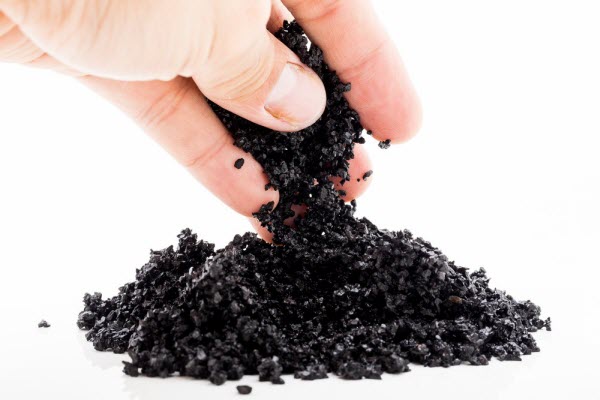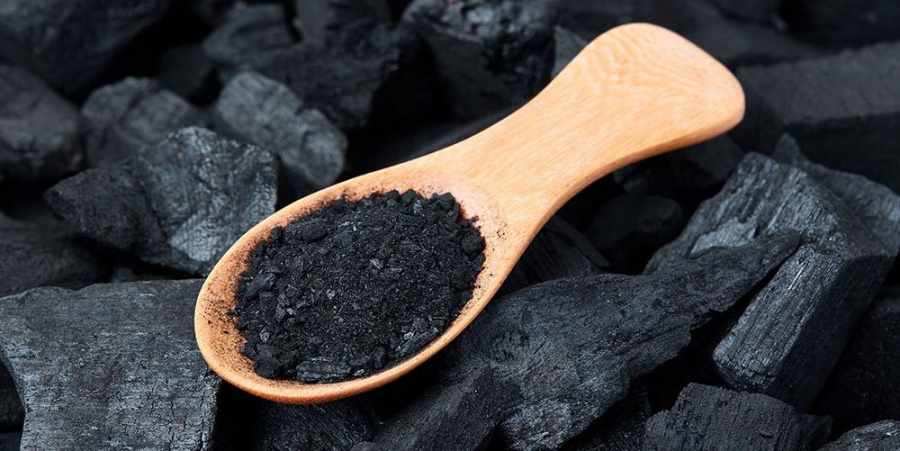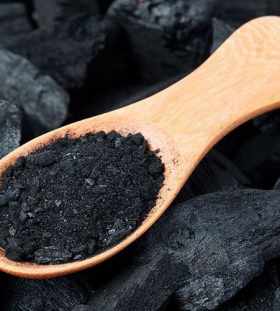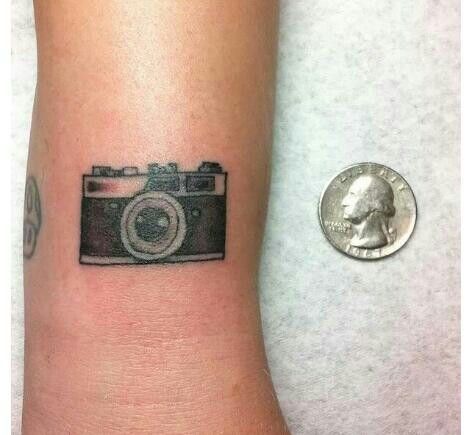Charcoal Filter | Uses, Cleaning And Maintenance

A charcoal filter is commonly used for water purification, industrial gas processing, and air filtering. It is also used for cabin air filtration to prevent drivers from dust and pollen. Charcoal filters are made of processed charcoal, which is more porous as compared to normal charcoal for the better adsorption of the impurities. They are the negatively charged particles that trap the toxins and prevent you from absorbing the air and water impurities. There are multifaceted advantages of a charcoal filter in your day-to-day life. In this post, we will discuss various aspects of activated charcoal filters, such as their uses, advantages, and maintenance. Let’s proceed further.
What is Charcoal?
Charcoal is made by using organic materials, mostly wood, and burning it in the absence of oxygen. The process involved in making charcoal is termed Pyrosis. Next, burning of the wood occurs to a temperature range of 840 and 950 degrees Fahrenheit.
The resultant material is allowed to cool after the wood has burned. Then, to extract oxygen, vents in the kiln are closed to allow the remnants to char. The strong, porous material known as charcoal is the result. Charcoal contains a great amount of carbon and, among other things, can be used for cooking, heating, and making a charcoal filter.

PC; https://www.goodhousekeeping.com/
Is Charcoal Filter And Activated Carbon Filter Same?
Activated carbon has a lot in common with charcoal, but there are also some key distinctions between the two. It is important to understand in the first place that several individuals use the terms activated charcoal and activated carbon interchangeably. There are many things that they have in common, but this is not the case.
In the filtering materials themselves, the primary distinction between a water filter using carbon and one that uses charcoal is quiet similar. Both are rigid, porous, contaminant-capturing substances. How do they vary?
Activated carbon can be made using wood, peat, coconut husks, nutshells, lignite, coir, coal, or petroleum pitch. On the other hand, charcoal is mainly made from wood.
How Does A Charcoal Filter Work?
Charcoal filters use a special form of charcoal known as ”Activated charcoal” to purify the water. Activated charcoal works via the adsorption process. Please notice that adsorption varies from absorption. Adsorption binds impurities chemically, rather than physically removing them, on the surface of the charcoal filter.
Activated charcoal makes a perfect water filter because it eliminates contaminants from the water without stripping the water of salts and significant minerals. Since impurities are kept in the filter, replacing your water filter every 12 months is necessary to ensure that it continues to operate as it should.
Why is Charcoal The Best Water filter?
A charcoal filter can be the best filter for your varied water filtration needs. The below-given points state the advantages of the activated charcoal-based water filters:
1: Enhances Water Taste
Many people disfavor the taste of tap water, describing it tastes metallic or has an off-putting aroma. A charcoal filter not only filters the water but also enhances the taste of your drinking water by removing the chlorine and other foul odors. Chlorine can keep the supply of water clean from bacteria and viruses.
However, you don’t need to absorb the chlorine. A charcoal filter can clean it for you. Not only are these unpleasant tasting chemicals adsorbed by Charcoal filters, but they are also highly effective at reducing odors, rendering the drinking water much more palatable.
2: Keep Water Minerals Intact
Drinking water has two main components, hydrogen and oxygen; there are also many other minerals that make up the water composition, in addition to unpleasant chemicals and impurities. Most water filters remove these impurities effectively, either mechanically or chemically. However, it causes the loss of the essential minerals and ions that are good for our bodies.
Charcoal filters attract and consume harmful organic compounds because of the chemical composition and structure of the activated charcoal, thus enabling the majority of the minerals to stay in the water. Sadly, it may not eliminate all bacteria or microorganisms. Therefore, you can use charcoal with the combination of other filters.
3: Makes Water Healthier To Drink
Not only do charcoal filters extract a lot of the nasty things from the water to make it cleaner, but they can also put stuff back into your water. In order to enhance water quality, activated charcoal will bring essential minerals such as calcium, magnesium, and iron back into your water.
4: It Is Cost-Effective
Water filtration systems can be costly but an inevitable need for your home. However, charcoal filters are relatively cheap to make, and can save a bundle for the users.
5: They Are Easy To Maintain
After using the charcoal, you need to replace the filters. However, replacement parts are inexpensive, as well as easy to source and install. It is important to replace your charcoal water filter approximately every six months. This depends, however, on the amount of water you use and on the quality of water in your area. Look at the consistency of your water if you are not sure; note if the flavor has improved or if the flow rate has decreased. It might be time to adjust your filter if you find any of these items.
How to Clean a Charcoal Filter?
A Charcoal filter uses activated charcoal to absorb and trap pollutants, chemicals, and other debris from dirty water or air. These charcoal filters are not reusable filters, be it a wet or a dry one. Once the toxins are adhered to the pores of the charcoal to fill them completely, you should replace the filter.
As a result, cleaning a charcoal filter needs the removal of accumulated debris from the surface of the filter that can block air or water from flowing through the entire filter.
Steps For Cleaning Wet Filters
Step 1
In the first place, you have to remove the charcoal filter from the filter housing.
Step 2
After that, put the filter in a container of cool distilled water or aquarium water. Soak it for five minutes and then swish the filter around in the water for up to five minutes to remove any debris from the filter surface.
Step 3
Drain out the dirty water and splash fresh distilled or aquarium water over the filter for a 30-second duration.
Step 4
In the end, return your charcoal filter to the filter housing. You may use this procedure before finally replacing your charcoal filter.
Final Words!
Reading this post until the end, you can get to know about the various important aspects of a charcoal filter. Besides, the post also covers handy tips to use and maintain them. For more insightful posts, you can go to our blog section.

 Tagged:
charcoal filter, charcoal using filters, charcoal water filter
Tagged:
charcoal filter, charcoal using filters, charcoal water filter











